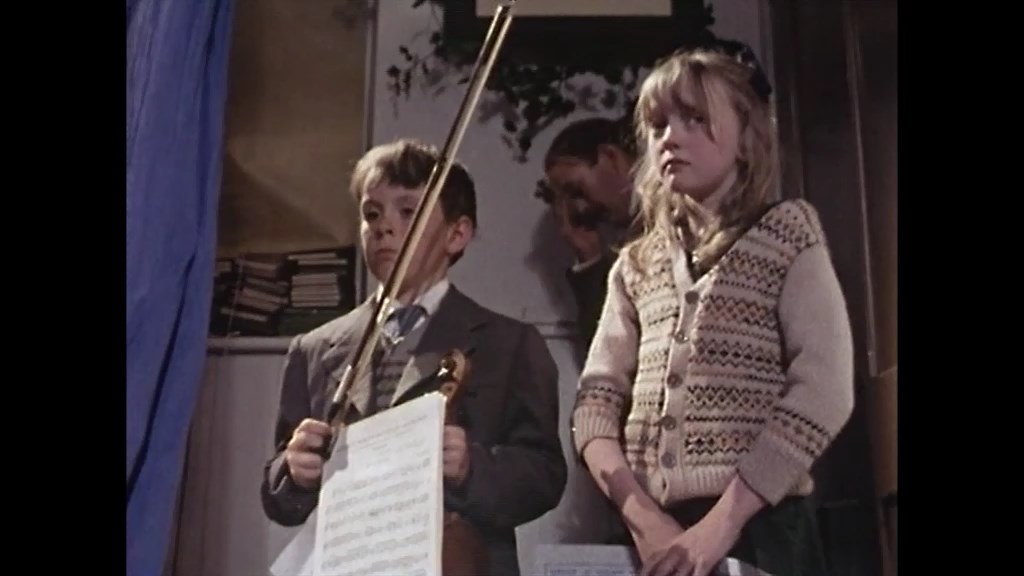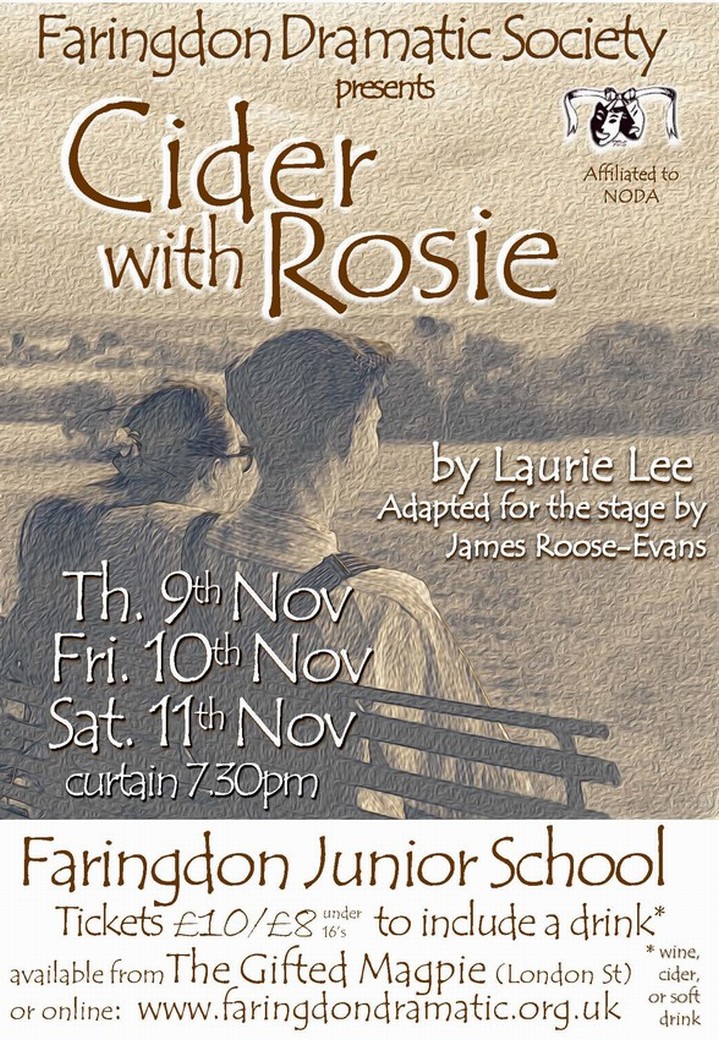



Drink, animality, and rustic boredom were responsible for most. Quiet incest flourished where the roads were bad some found their comfort in beasts and there were the usual friendships between men and boys who walked through the fields like lovers. Manslaughter, arson, robbery, rape cropped up regularly throughout the years. We certainly committed our share of statutory crime. Our village was clearly no pagan paradise, neither were we conscious of showing tolerance. In the second quote, which appears near the end of the book, Lee compares how adolescents are treated in the city with the country he says: ‘The modern city, for youth, is a police-trap.’ He then takes a rather rose-tinted view of crime and punishment in the country it’s a wonderful quote though. These were the shapes of our kitchen landscape, the rocks of our submarine life, each object worn smooth by our constant nuzzling, or encrusted by lively barnacles, relics of birthdays and dead relations, wrecks of furniture long since foundered, all silted deep by Mother’s newspapers which the years piled round on the floor. There were also six tables of different sizes, some armchairs gapingly stuffed, boxes, stools, and unravelling baskets, books and papers on every chair, a sofa for cats, a harmonium for coats, and a piano for dust and photographs. On the floor were strips of muddy matting, the windows were choked with plants, the walls supported stopped clocks and calendars, and smoky fungus ran over the ceilings. A black grate crackled with coal and beech-twigs towels toasted on the guard the mantel was littered with fine old china, horse brasses, and freak potatoes. That kitchen, worn by our boots and lives, was scruffy, warm, and low, whose fuss of furniture seemed never the same but was shuffled around each day. The first is a description of the family’s kitchen, a kitchen landscape. Instead of reviewing the book I wanted to share a few quotations from it that appealed to me. I was surprised to find that the novel is not told in a chronological order but is instead divided into thematic chapters, which I quite liked. I watched the BBC adaption a few years ago and I think I’ve seen one of the earlier film versions but, hey, you can’t get enough of a good thing. I know I’m reading them the wrong way round but I can’t see that it really matters. Following on from my recent read of Lee’s As I Walked Out One Midsummer Morning I thought I should actually get round to reading Cider With Rosie.


 0 kommentar(er)
0 kommentar(er)
